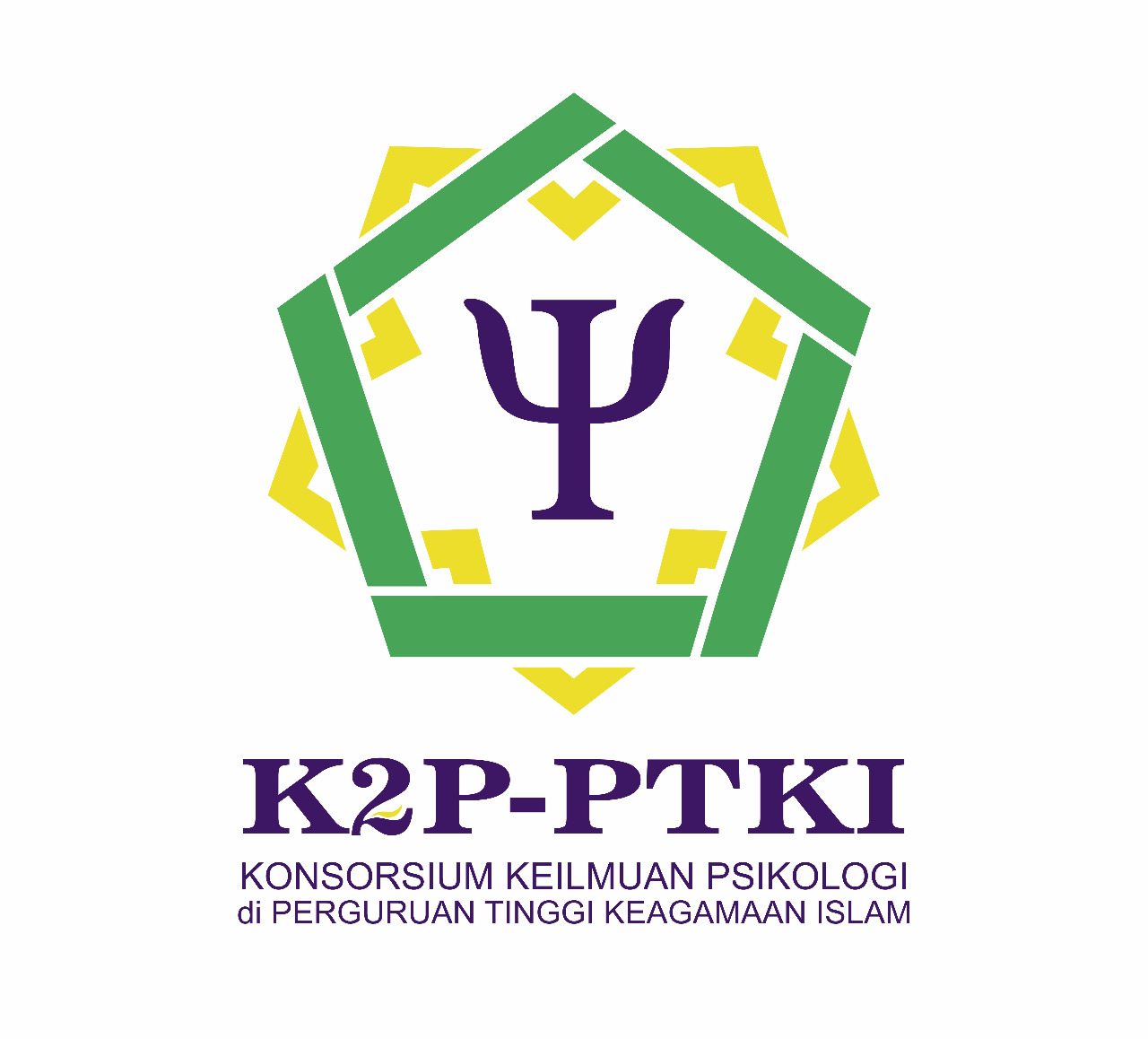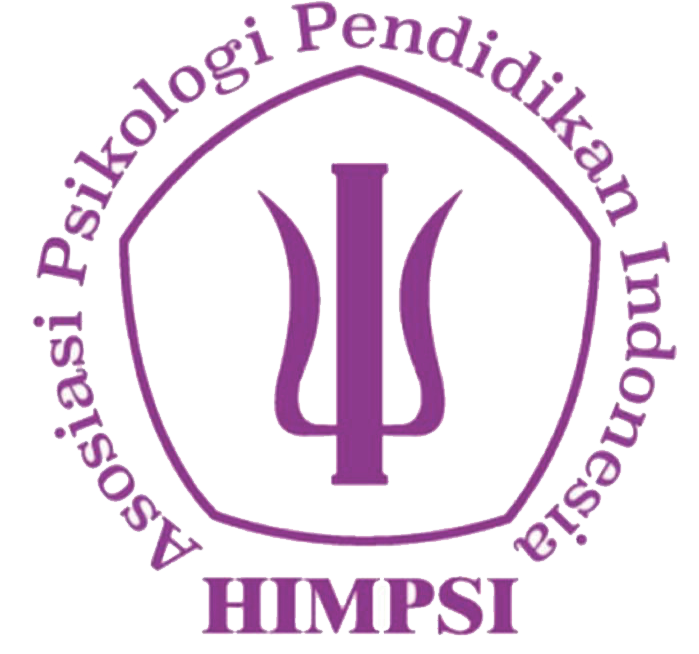Normative Solidarity: Narratives of Solo Parent Multigenerational Caregivers in Selected Resettlement Areas in Cavite
Abstract
Keywords
Full Text:
PDFReferences
Cavite Ecological Profile. (2020). Solo parent. https://cavite.gov.ph/home/wp-content/uploads/2022/02/cep2020/CEP2020_CHAPTER03D_SOCIALWELFARE.pdf
Collado, Z. C., & Arpon, A. T. (2021). Single-mothering as a category of concern in times of displacement: The case of internally displaced persons in Southern Philippines. Journal of Social Service Research, 47(5), 625–633. https://doi.org/10.1080/01488376.2020.1869139
Creswell, J. (2014). Research design: Qualitative, quantitative, and mixed methods approaches. SAGE Publications, Inc.
Cross, C. J. (2018). Extended family households among children in the United States: Differences by race/ethnicity and socio-economic status. Population Studies, 72(2), 235 251. https://doi.org/10.1080/00324728.2018.1468476
Del Mundo, J., Addie, M., & Del Mundo, M. (2019). Solo Mother's Challenges and Coping Strategies: A Phenomenological Study in City of Manila. Philippine Journal of Health Research and Development, 23(1), 29-37. https://pjhrd.upm.edu.ph/index.php/main/article/view/260
Department of Social Welfare and Development. (2020). Quarterly report on pantawid pamilya implementation (4th quarter). https://pantawid.dswd.gov.ph/wp-content/uploads/2022/10/4Ps-Third-Quarter-2022-AccomplishmentReport.pdf
Etikan, I., & Bala, K. (2017). Sampling and sampling methods. Biometrics & Biostatistics International Journal, 5(6), 215-217. https://doi.org/10.15406/bbij.2017.05.00149
Ferrer, R., & Lagos, D. (2019). What makes a community: Displaced people’s sense of community and human rights in resettlement. https://cswcd.upd.edu.ph/wp-content/uploads/2021/09/PJSD11-R.Ferrer-and-D.Lagos_.pdf
Gundran, A., Manguiat, G., Manalo, J., Soriano, P., & Cagsawa, R. (2021). The concept of utang na loob in the Philippines: Utang na loob scale. Antorcha, 8(1), 1-12. https://www.ejournals.ph/article.php?id=17184
Herbst-Debby, A. (2018). Doing good motherhood: Creating their own responsible single mother model. Women’s Studies International Forum, 69, 151–158. https://doi.org/10.1016/j.wsif.2018.06.002
Ke, X., & Fu, Y. (2022). Intergenerational relationships and caregiving burden among family caregivers of older adults: A systematic review. International Journal of Population Studies, 8(1), 63-74.
https://doi.org/10.18063/ijps.v8i1.1320
Kowalewska, H., & Vitali, A. (2021). Breadwinning or on the breadline? Female breadwinners’ economic characteristics across 20 welfare states. Journal of European Social Policy, 31(3),125-142. https://doi.org/10.1177/0958928720971094
Laguna, E. (2019). Caring for Older Persons. Ageing and Health in the Philippines, 173-192.
Morales, R. (2019). Lived experiences of Filipino sandwich generation women in selected cities in the province of Cavite [Bachelor’s thesis, Cavite State University].
Olmos-Vega, F. M., Stalmeijer, R. E., Varpio, L., & Kahlke, R. (2023) A practical guide to reflexivity in qualitative research: AMEE Guide No. 149. Medical Teacher, 45(3). https://doi.org/10.1080/0142159X.2022.2057287
Patterson, C. (2021). Feeling the Squeeze: The association between multigeneration caregiving and informal caregivers’ health. https://scholarscompass.vcu.edu/etd/6551
Patterson, S., & Margolis, R. (2019). The demography of multigenerational caregiving: A critical aspect of the gendered life course. Socius, 5, 1-19. https://doi.org/10.1177/2378023119862737
Philippine Statistics Authority. (2022). Age and sex distribution in the Philippine population (2020 census of population and housing). https://www.psa.gov.ph/content/age-and-sex-distribution-philippine-population-2020-census-population-and-housing
Ramos, E., & Tus, J. (2020). Beating the Odds: An Exploratory Study on Single Mothers' Lived Experiences in Child Rearing Practices. https://doi.org/10.6084/m9.figshare.13377443.v1
Samonte, P., & Djalante, R. (2022). Postdisaster relocation and its impacts on family dynamics: a case study of typhoon Ketsana relocation in the Philippines. International Journal of Disaster Resilience in the Built Environment. https://doi.org/10.1108/IJDRBE-02-2022-0022
Sneed, R., Hailemariam, M., Key, K., & Richie, F. (2021). Developing and maintaining intergenerational relationships in an economically vulnerable community: findings from the Flint women’s study. Journal of Women & Aging 34(1), 1-13. https://doi.org/10.1080/08952841.2021.2015229
Solitario, J. (2022). Revisiting kapwa: Filipino ethics, subjectivity, and self-formation. Philippine Studies: Historical and Ethnographic Viewpoints, 70(4), 539-564. https://muse.jhu.edu/pub/146/article/876968/pdf
Sudarji, S., Panggabean, H., & Marta, R. F. (2022). Challenges of the sandwich generation: Stress and coping strategy of the multigenerational care. Indigenous: Jurnal Ilmiah Psikologi, 7(3). 262-274. http://doi.org/10.23917/indigenous.v7i3.19433
Tongson, E. C. (2018). What does it mean to be in the sandwich generation? The lived experiences of selected low-income urban Filipino women. Review of Women's Studies, 28, 29-56. https://www.researchgate.net/publication/350659468
Tongson, E. C. (2020). In search of Filipino “women in the middle”. Asian Journal of Women's Studies, 26(4), 466-484. https://doi.org/10.1080/12259276.2020.1847865
DOI: https://doi.org/10.18860/psikoislamika.v21i2.28980

This work is licensed under a Creative Commons Attribution-NonCommercial-ShareAlike 4.0 International License.

------------------------------------------------------------------------------------------

pSIKOISLAMIKA by http://ejournal.uin-malang.ac.id/index.php/psiko is licensed under a Creative Commons Attribution-NonCommercial-ShareAlike 4.0 International License.


.jpg)


.jpg)





